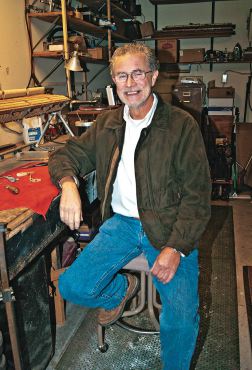
To the discriminating musician, the sound of a well-tuned piano is, well, music to the ears. And behind every well-tuned piano is a gifted tuner who uses part art and part skill to understand the instrument’s idiosyncrasies and make it sound its best.
In Kitsap and Mason counties, that behind-the-scenes virtuoso is often Erren Barnhard, a.k.a. the Piano Man. For nearly 30 years, Barnhard has perfected his craft of piano tuning — a craft that requires attention to details such as 88 notes and 250 strings, to start with — and has tuned pianos for professional and aspiring musicians alike.
“Tuning is learned. You need good relative pitch, which is different from perfect pitch,” he says. “Tuning the piano is a compromise — you have to learn what to compromise to get the piano to its best tuning possible… You learn what to listen for.”
Barnhard learned those things on his own. A college music major who got interested in the piano at 17, he was trying to figure out what do for a career. “I knew almost immediately (in college) I wasn’t going to become a teacher. That was a quandary, what was I going to do,” he says.
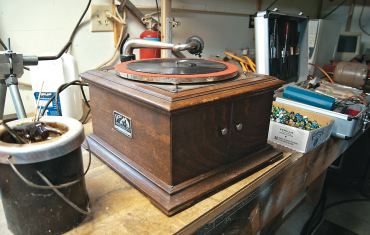
He owned two pianos that he had tuned every year, but he usually left when the tuner showed up. One time, he decided to hang around instead and watch the process — and his interest was piqued. His tuning technician directed him to a book, and Barnhard began studying.
“It took two and a half years to get proficient enough to go out and do it,” he says. “You do get more efficient with time because you’ve learned what to listen for and what certain sounds mean, and what you need to do to correct it.”
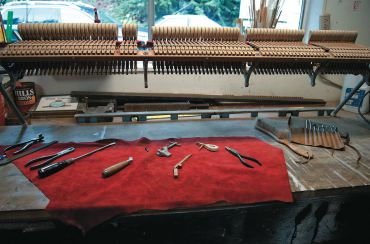
When he finally launched his business in 1985, Barnhard worked part-time as a bus driver for the Grapeview and North Mason school districts. He drove the bus in the morning, went to a tuning, then drove the bus again in the afternoon. After four years of this driving-tuning combo, he decided to make his business a full-time focus.
He joined a piano technicians guild and learned more from meetings at seminars. As his business grew organically, Barnhard took it to new levels — offering repairs, rebuilding as well as appraisals.
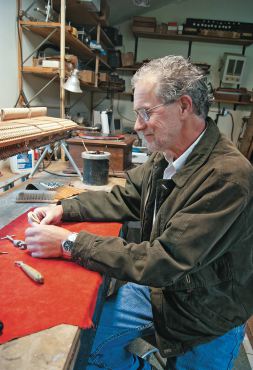
“I would go to a customer’s home to tune a piano. It’s common to have a minor thing wrong with it so I had to learn how to fix those,” he says.
While tuning has remained his bread and butter, it’s piano rebuilding that is the most labor-intensive: It could take 400 to 600 hours.
“You can get real, real involved. I do what’s necessary to be done to make a viable piano,” he says.
Not all pianos are saved, however — some are too far gone; others are not worth the expense (particularly if they have a low sentimental or financial value). If he can’t save the piano, Barnhard will instead salvage whatever pieces he can.
“It’s a judgment call on my part. I’ve turned people down because some pianos are not worth saving,” he says.
Barnhard is a piano collector of sorts. He finds vintage models that need TLC and turns them into personal projects. He’s currently rebuilding several such finds, including a 1915 pushup player.
At one point, Barnhard worked out of his home, so naturally it got filled with pianos. But about 25 years ago, he built a shop next to his Belfair home, creating plenty of room for pianos and all sorts of piano parts. ‰
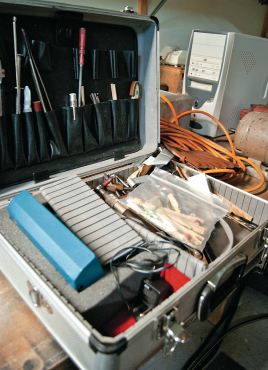
Through the years, Barnhard has served some big customers — such as Admiral Theatre and Central Kitsap School District — as well as numerous musicians. He calls himself semi-retired, which means he has time for other pursuits, such as restoring Victrola phonographs (he also collects 78 rpm records).
The process is quite different from piano restoration, and that’s what he likes about it. “I got bored along the way so I started rebuilding old Victrolas,” he says.
Barnhard seems to go through “phases” in his life. Back in the ’70s, before and after serving in the Navy, he played with various bands. One of them even bought an old bus and toured Seattle lounges and clubs for a year.
“It was called the Funny Farm. Nobody’s ever heard of it,” Barnhard says, smiling.
These days, his performances are confined to the privacy of his home, and that suits him just fine. He’s found other things to occupy him — for one, he’s been working on renovating a home in Port Orchard and after 40 years in the same Belfair home, he plans to move there with his wife of seven years, Donna.
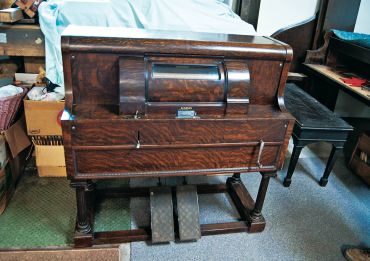
When he does, Barnhard will have to downsize his piano collection — he’ll have a much smaller workspace, in the garage — but he’s fine with that too. After all, he’s entering a new “phase”: restoring furniture. He doesn’t plan to do it commercially, but will probably end up working on some vintage pieces he and Donna find during their treasure hunting. The couple, who met at an antique shop, have a spot selling vintage wares at the Old Central Antique Mall in downtown Port Orchard.
Barnhard has his piano tuning to thank for his new passion for antiques. He says he used to schedule tunings in the morning and in the afternoon, and in between he’d hang out at coffee shops.
“I got tired of coffee shops so I went to antique shops,” he says.
Whatever future hobbies or phases await him, Barnhard says he doesn’t plan to stop tuning pianos any time soon. He still finds it satisfying to turn something that’s not working right into a better instrument. The work is not a big moneymaker except for those ambitious enough to become elite tuners in big cities, he says, but he likes it that way.
“I’m pretty low key. I don’t need to come to the top,” he says. “This is my lifestyle.”



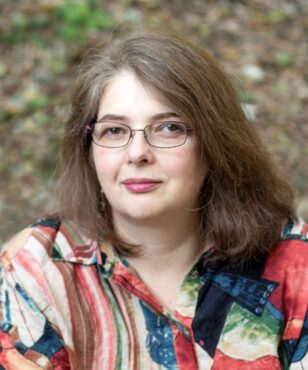


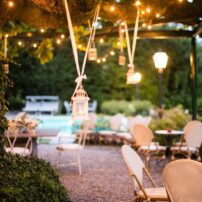









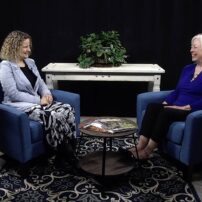












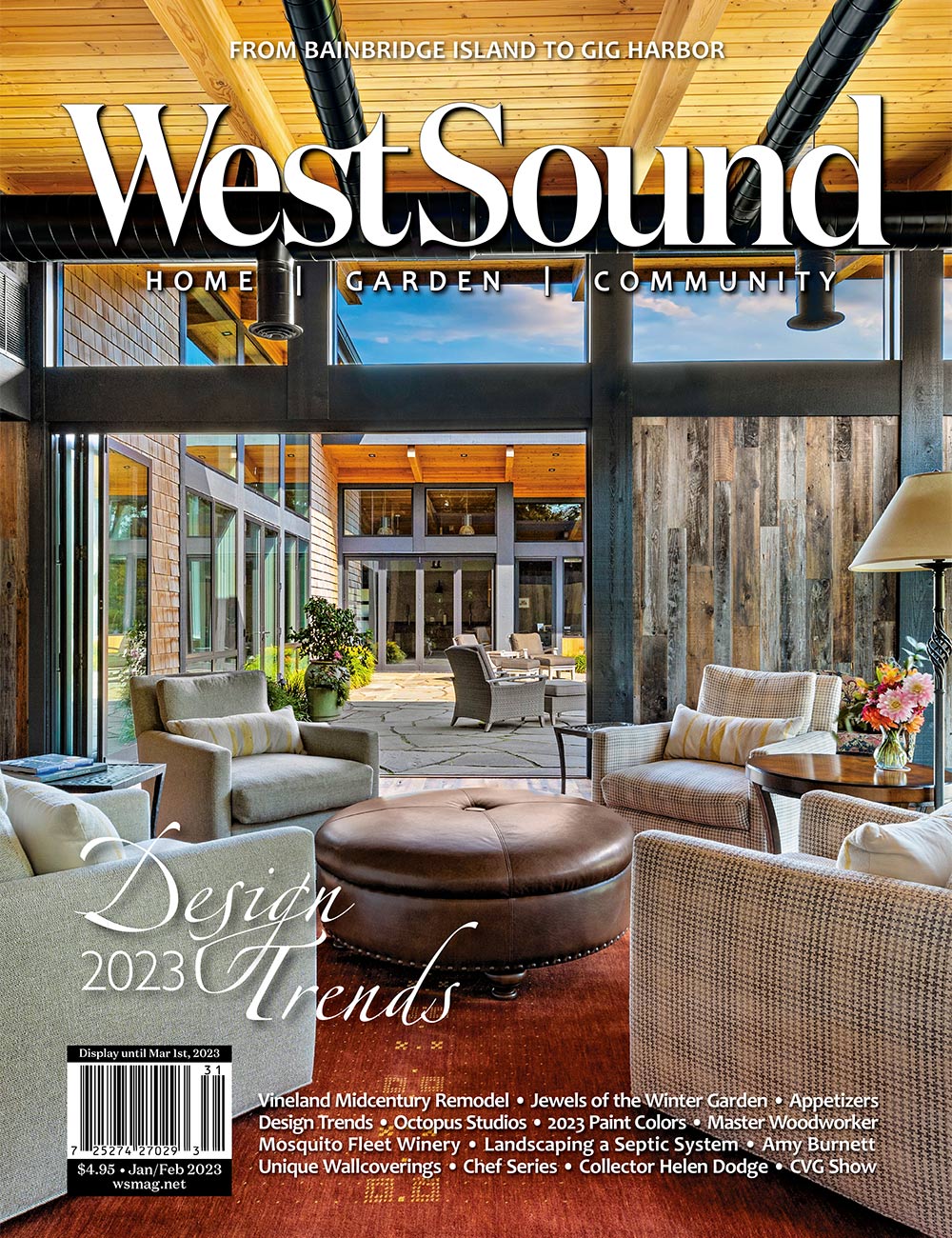
Comments